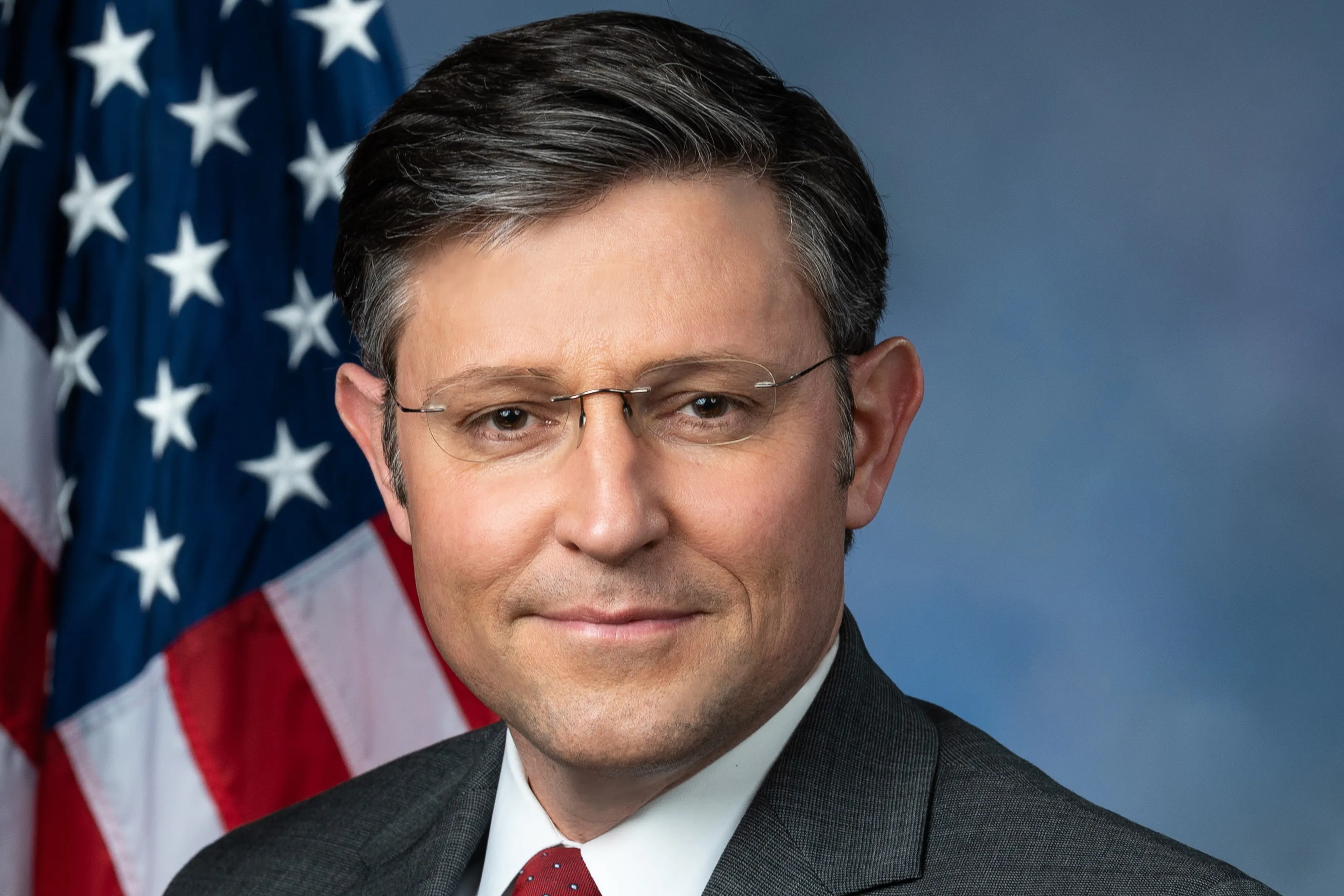
The Yonder Report: News from rural America - September 11, 2025
© Dean_Fikar - iStock-503150251
News from rural America.
The Navajo Nation plans to double the money it spends on students and tribal colleges, oyster farmers in Maine combat air and water pollution with a switch to electric boats and Ohioans celebrate a court ruling on coal ash pollution.
TRANSCRIPT
For the Daily Yonder and Public News Service, this is the news from rural America.
Enrollment at New Mexico's Navajo Technical University is at an all-time high, but funding for programs and facilities isn't keeping up.
Now, Navajo Nation leadership is considering legislation to permanently increase the tribe's annual investment in students and tribal colleges from 12 to $30 million.
President of the American Indian Higher Education Consortium, Ana Wake Rose, says tribal colleges, or TCUs, are chronically underfunded due to Congress's failure to meet binding obligations.
TCUs need to receive the funding that they need to do their job, and there should be as little barriers as possible put in place for them to be able to use those dollars at their discretion.
Not one of our treaties has ever been fulfilled.
Rose says many tribal college buildings are in urgent need of repairs and updates.
But because federal funding has narrow restrictions, many students take classes in buildings that need significant work.
There seems to be a constant pushback around the federal government allowing construction for tribal colleges.
We have incredibly unsafe conditions based on construction needs.
On Maine's rural coast, oyster farming is going electric.
Julia Tilton reports.
When the founder of Maine Ocean Farms starts his new all-electric work boat, the only sound is a quiet hum.
Willie Leather's zero-emissions vehicle replaced one with a loud gas engine that polluted the air and water.
For marine farmers like Leathers, it means caring for the environment and being a good neighbor.
Reducing noise and reducing on-site emissions is a goal of not only improving the workplace, but also improving our potential impact on the environment around us.
Leah Morris at the non-profit Island Institute, which works with the farmers, says these early adopters are writing the industry's future.
It is putting the qualitative and quantitative data on paper and presenting the solution so that people can see how they can replicate it.
I'm Julia Tilton.
Ohioans concerned about clean water are hailing a favorable ruling on coal ash pollution.
Last week, a federal judge upheld a 2022 Environmental Protection Agency decision that denied a coal plant operator more time to comply with coal ash pond regulations in rural Cheshire, Ohio.
Attorney Gavin Kearney with Earth Justice says the operator was trying to avoid a costly cleanup, but the EPA's regulations enforce longstanding protections for rivers and drinking water.
You have to either remove the coal ash or take measures to get the groundwater out of it.
Coal ash contains arsenic, lead, mercury, and heavy metals that could end up in tap water.
Environmental groups say it's a major win for Ohio Public Health and sets a national precedent.
For the Daily Yonder and Public News Service, I'm Roz Brown.
For more rural stories, visit dailyyonder.com. you
















